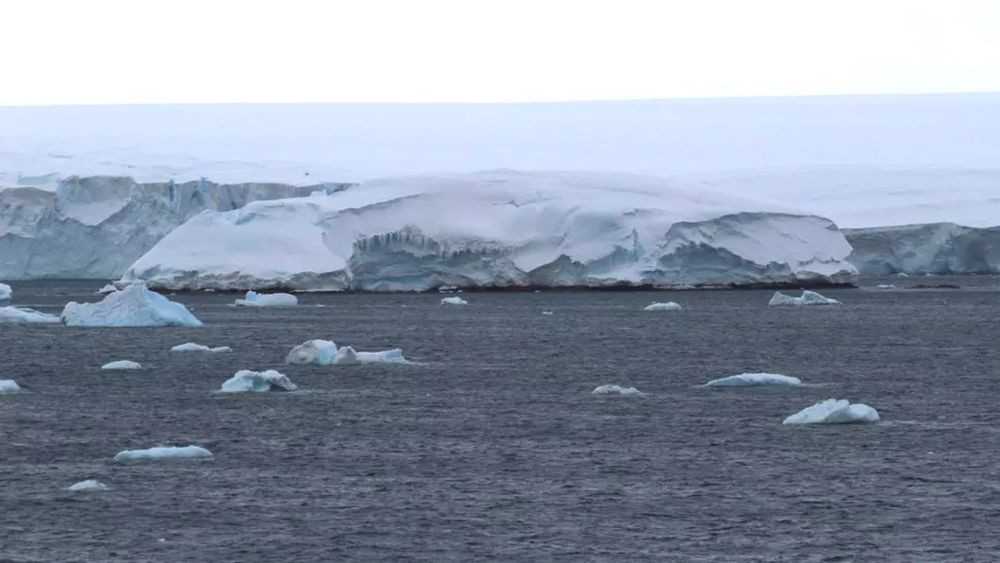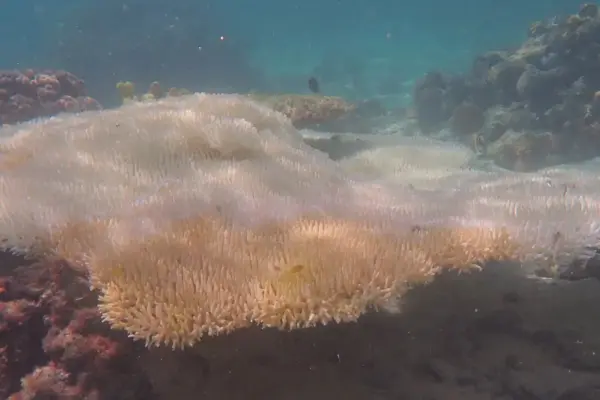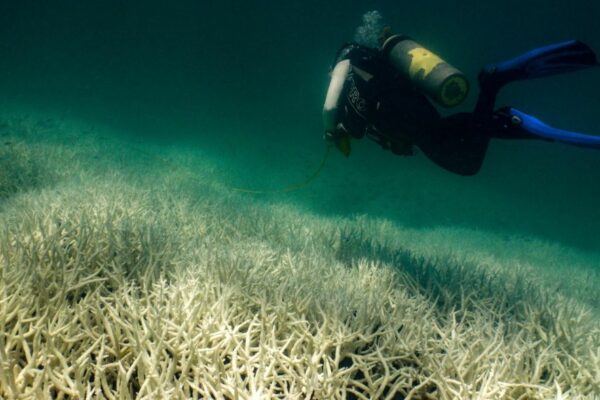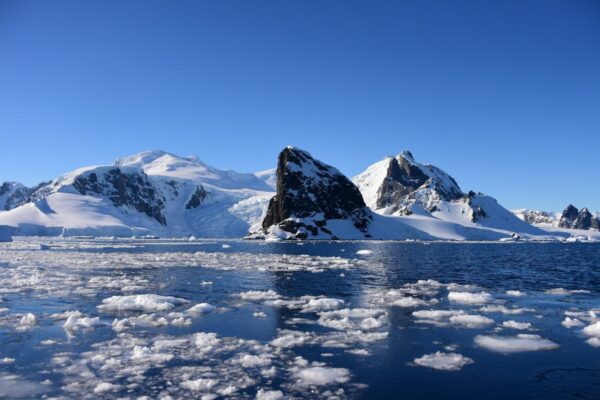Soaring Heat: Escalating Temperatures Recorded in Antarctica by WMO
The World Meteorological Organization (WMO) has confirmed escalating temperatures recorded for the first time in Antarctica. Argentina’s Esperanza Base recorded a maximum temperature of 18.3 degrees Celsius on February 6, 2020, breaking the previous record of 17.5 degrees Celsius in 2015.
According to WMO, it is the highest temperature ever recorded in Antarctica mainland and the nearby islands. It is still below the temperature recorded in the region at Britain Signy Island Station that recorded 19.8 degrees Celsius in January 1982.
The readings are reportedly crucial as it is one of the most affected regions by global warming and one of the major drivers of climate change that can cause catastrophic disasters worldwide.
Committee for WMO’s Weather and Climate Extreme Archive concluded that the soaring temperature is a result of a high-pressure system built over the peninsula that caused downslope winds, which amplified the surface warming.
Also Read: Western Antarctica Ice Sheet Melt can Cause Higher Sea Level Rise Than Estimated

Image: Gui Bortolotto
The current records might not be a sole indicator for climate change, but the series of records of the exceeding temperatures in the past to date reflects that Antarctic Peninsula is a vigorously warming region.
It is likely that global climate change along with human activity in the region is pushing the earning trend and it is most likely that temperature will increase in the future.
It is significant for the leaders and communities to recognize the emergency of the situation and for the scientists to narrow down the data. The current research needs to focus on a deeper understanding of change to create developmental policies that can help people adapt to climate change.
Via: New Atlas


